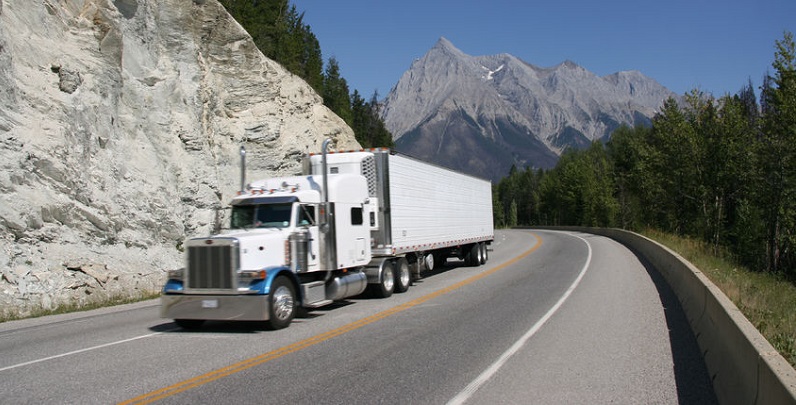In 2016, officials noted nearly 4000 deaths involving accidents between large trucks and passenger vehicles. Of those killed, 66 percent of them were occupants in the passenger vehicle.
Cars Are Not the Only Self-Driving Vehicles Being Tested
Autonomous vehicle (AV) technology is moving extremely fast. What was once just an idea has completely taken hold, and now more and more states are allowing AVs on their roads for real-time, real-life testing. But self-driving technology is not just for cars. Trucking companies using 18-wheelers are now using self-driving technology, and Colorado was one of the first states to participate in testing.
Autonomous 18-Wheeler Delivers Cargo in Colorado Springs
The conversation surrounding autonomous vehicle technology typically involves personal cars, SUVs, trucks, and the like. Not to be overlooked in this discussion is the use of autonomous technology in the trucking industry, more specifically, the 18-wheelers used for long-haul trips. In 2016, an autonomous 18-wheeler traveled Interstate 25 with a shipment of Budweiser beer. The truck left Fort Collins and drove through Denver, delivering its good in Colorado Springs. That 132-mile journey was considered a huge success and even awarded a Guinness World Record listing.
The recognition for the longest continuous journey using autonomous technology in a tractor-trailer didn’t last long. Late last year, Embark, a tech startup focusing on self-driving big rigs, completed a coast-to-coast run of its autonomous technology when one of its 18-wheelers traveled from Los Angeles to Jacksonville, FL. Embark currently uses autonomous trucks to deliver refrigerators, making a 650-mile trip from an El Paso, Texas distribution center to Palm Springs, CA.
Colorado is also testing an autonomous truck, not an 18-wheeler, but a safety vehicle that travels behind road crews working on streets and highways. Officials hope the truck will protect those workers from other vehicles and hopefully prevent Colorado auto accidents involving drivers and those working on or repairing streets and highways.
When it comes to the big rigs, all testing is done with a backup safety driver, so these large vehicles are not traversing around the country unattended. However, it’s inevitable that tractor-trailers will be driving down the highway with no live human in the cab; it will all be controlled by self-driving technology, which involves radar sensors, cameras, and technology for braking and acceleration. AV proponents are convinced that it will improve road safety by removing human error from roadway decisions and events.
Vehicles are no match for tractor trailers.
According to a national highway safety organization, when it comes to accidents between a passenger vehicle and a large truck, there’s no match in regards to safety. In 2016, officials noted nearly 4000 deaths involving wrecks between large trucks and passenger vehicles. Of those killed, 66 percent of them were occupants in the passenger vehicle. It’s no wonder that a fully-loaded 18-wheeler can weight up to 30 times more than a vehicle, so if involved in an accident, a passenger vehicle is in a much more perilous position.
Research has shown that some of the main causes of accidents involving a big rig include traveling too fast, driver unfamiliarity with the area, fatigue, and prescription drug use while driving. In all of those instances, AV technology would be safer than a human driver. Researchers state that, with cameras and sensors, an AV can react to situations much faster and with more accuracy than a human. The goal of all this technology is to make our nation’s roads safe for everyone.

